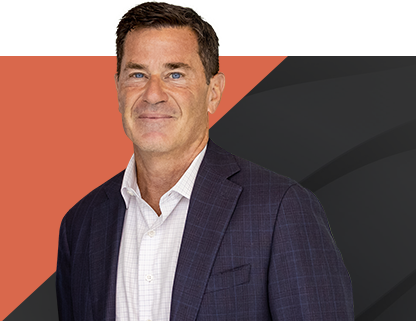Everyone has a fitness goal, whether it is to recover from an injury, bulk up, lose weight, prevent injury, or prepare for a big game or tournament. Along with this variation of goals is a variance of not only training methodologies but also diets. This simply means that there is a particular diet that is best for each fitness goal. Here, we?ll look at four diets for four fitness goals.

Diet for Average Joe Fitness
For the Average Joe who wants to be fit, the key is a balanced diet. This means getting a healthy mix of food which is rich in protein, like chicken, beef and fish and food rich in vitamins and minerals such as vegetables and fruit. Carbohydrates must be kept at a minimum, so steer clear of sweet and sugary stuff as much as possible.
Diet for Injury Recovery
For injury recovery, what you eat can make a lot of difference. Take the case of muscle injuries, for instance, like a pulled hamstring, a strained calf, or a torn bicep.?Men?s Journal recommends an increased intake of potassium?and protein-rich food. Additionally, you?ll need anthocyanin and omega-3 fats to reduce inflammation. Food rich in vitamins C and K, on the other hand, can help bruises heal more quickly, with the former shoring up the blood vessels and the latter helping prevent blood clots. For bone injuries calcium is a necessity and dairy products and leafy greens are good sources of it. Remember that you need to get enough of this mineral whether you are injured or not as it (along with vitamin D) helps strengthen your bones
Diet for Weight Loss
You don?t have to starve yourself to lose weight; on the contrary, letting yourself go hungry is counterintuitive to any weight loss endeavor. What you should do instead is to?follow Healthline?s healthy and science-based diet for losing weight. The key here is cutting back on sugars and starches to help reduce your hunger. In turn, you will consume less, which then means fewer calories. In case you?ve forgotten, you can only lose weight if you burn more calories than you take in. Cutting back on the carbs also lowers your insulin levels and this allows your kidneys to function better and shed excess sodium and water. Next, you?ll have to ensure that each of your meals includes proteins, fats and veggies. Protein is especially vital as it boosts your metabolism and reduces cravings. This diet can only work in conjunction with regular exercise.
Diet for Athletic Excellence
LeBron James is arguably the embodiment of fitness and his sustained excellence is proof of that. His training regimen is intense, and he complements it with a strict diet. Recently,?Business Insider published a feature on what James regularly eats. Breakfast is an acai bowl plus a protein bar or the usual French toast-bacon-omelette combo (or just Fruity Pebbles on occasion). Lunch and dinner are a healthy mix of protein sources (grilled chicken, salmon, etc.) and vegetables. The Akron, Ohio native is known to indulge, though, from time to time, but he more than makes up for those rare moments of indulgence by working hard and investing in his body.

As we noted in our June discussion about James?s seeming immunity from injury, the 33-year-old spends millions to keep himself in the perfect condition and that means, among other things, regular cryotherapy and hyperbaric sessions.?James is second on the Ladbrokes list of the highest paid sports stars, with an annual haul of $79 million, give or take. With such great resources at his disposal, he can obviously afford anything that will keep him in elite condition. Yet the backbone of his world-class fitness is still this potent combo of hard work and a healthy diet. In case you need any more convincing that the James way works, consider that he is already in year 16 of an already Hall-of-Fame career and he isn’t slowing down just yet.
Lastly, we?ll end with a reminder to never take fluids for granted. In other words, drink lots of water to stay hydrated and minimize cramps. For intense activities that last for an hour or more, consider consuming drinks with electrolytes to replenish all the sodium, potassium and chloride you lost.
Blog post specially prepared for Sports Medicine Weekly by Felicity Dawson













